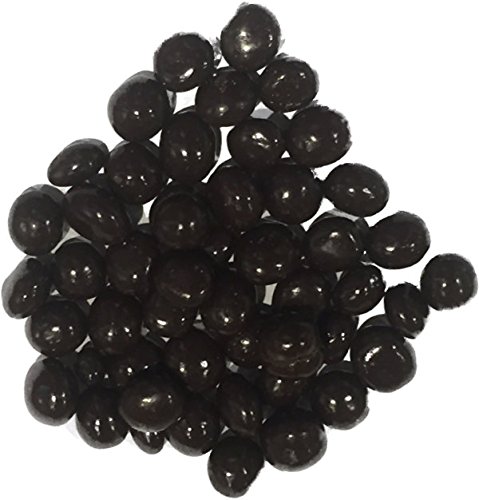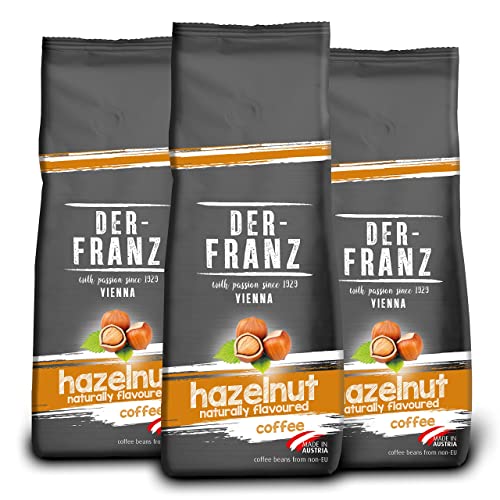A Brief History Of Coffee Beans Types History Of Coffee Beans Types
페이지 정보
 Coffee Bean Types: Arabica, Robusta, Liberica, and Excelsa
Coffee Bean Types: Arabica, Robusta, Liberica, and ExcelsaYou probably already know that different varieties can produce distinct flavors. Learn about four of the most widely used varieties: Arabica. Robusta. Liberica. and Excelsa.
 Excelsa beans are a variety of Liberica that is cultivated exclusively in Southeast Asia. They have a fruitier and tarter flavor, and are often added to blends of coffee to enhance the flavor.
Excelsa beans are a variety of Liberica that is cultivated exclusively in Southeast Asia. They have a fruitier and tarter flavor, and are often added to blends of coffee to enhance the flavor.Arabica
Arabica coffee beans unroasted beans make up 75% of the world's production. Arabica beans are more mild and sweeter than Robusta and come in different flavour profiles. The aroma and taste of a cup of coffee can differ widely depending on the growing conditions and the processing methods employed to produce it.
The word 'coffee' actually originates from the Arabic word for berry and coffee beans are fruit seeds which grow inside bright red berries. It is believed that the ancient Ethiopian shepherds noticed that their goats became energy-rich after eating these berries, and that the cultivation of coffee soon became widespread across the globe.
Coffee beans can be grown at high altitudes, and thrive in cool temperatures and lots of rain. This is one of the main reasons for why Arabica is considered to be the best tasting coffee.
Many specialty coffee shops and roasters insist on sourcing their arabica beans ethically and focusing on fair pay for farmers and sustainable farming practices. These companies typically blend arabica beans to create unique coffees that work well with various brewing methods. Blending is a way to control the aroma, taste and body as well as acidity of coffee. It is generally preferred to achieve an even and consistent taste that appeals to a broad market.
Robusta
Robusta beans are the second most sought-after type of coffee bean around the world. They contain more caffeine per bean and are more protected against diseases and pests. They also have higher levels of chlorogenic acids which are antioxidants naturally found in. However, these acids may cause oxidation during the coffee brewing process and can cause undesirable flavors.
The plant is more robust than the arabica and may grow in less favorable environments. It can tolerate higher temperatures and does well in direct sun. It produces more coffee per plant and is growing faster than arabica. This makes it a efficient crop to grow.
Although it may sound contradictory it's true that arabica and Robusta beans are often blended to make coffee blends. If you notice names like Uganda or Kenya on the bag of coffee, it's possible that there is also some robusta.
Most roasters employ a mixture of arabica and coffee beans to cut costs and preserve the quality. To maintain the quality of the flavor, it's essential to select a high-quality bean from a supplier you are confident with. The best way to do this is to purchase your beans directly from the farmer.
Liberica
Liberica beans are more or less football shaped which distinguishes them from other types of coffee beans. They have a scent that is floral, fruity and smoky. They are often added to other coffee bean types to provide them with a more rich and more robust taste.
Liberica coffee beans are grown in West Africa and Malaysia (Borneo) as well as in Southeast Asia. They can grow in low altitudes and can withstand hot, humid climates. They are also more resistant to diseases than Arabica or Robusta.
These attributes make them ideal for home cultivation. Online, you can buy the seeds from many sources. However, it's best to buy the beans from local producers in order to guarantee quality. The ideal conditions for the cultivation of Liberica coffee include fertile deep volcano soils, with moderately acidic, and enough annual rainfall.
Excelsa is a different variety of coffee bean near me bean. It was originally classified as a distinct species, but it has since been reclassified as a Liberica variant. These coffee beans are oval-shaped and grow on large coffee plants that reach 20-30 feet in height at medium altitudes. Their distinctive flavor is tart and sour, making them a popular option for blends made at home. They have a lighter flavor and lower caffeine content that is lower than Arabica or Robusta however they possess a distinct depth of flavor.
Excelsa
Although they're the fourth-most popular kind of coffee beans, Excelsa beans aren't so easy to locate as Arabica or Robusta. In fact they were regarded as distinct species of coffee until 2006 when they were reclassified to an alternative to Coffea liberica var. dewevrei. Today, they're grown mainly in Southeast Asia and account for 7% of the world's production of amazon coffee beans. These coffee beans are shaped in the shape of teardrops and possess a dark, eerie taste. They're often used in blends to give extra body and a full, tart, ripened fruit taste.
Arabica beans are the most popular, and are known for having an apricot-like flavor. They grow best at high altitudes and have warm, tropical climates. They also have a hint of acidity. If properly brewed and coffeebeans roasted, they can have notes like chocolate, nuts or even fruit.
Robusta is a close second to Arabica and makes up about 40 percent of the world's coffee. These beans are smaller and more round but they have twice the amount of caffeine as Arabica. They are also more bitter than the other two types and have an earthy and woody taste.
Once you've mastered the four most popular types of coffee beans and the four most popular types of coffee beans, it's time to select your perfect brew. If you prefer a delicate and smooth flavor go for an arabica bean or a blend comprised of robusta beans and arabica beans.
- 이전글Watch This: How Door Fitters Crawley Is Taking Over The World And What You Can Do About It 24.09.15
- 다음글The 10 Most Worst Asbestos Mesothelioma Fails Of All Time Could've Been Prevented 24.09.15
댓글목록
등록된 댓글이 없습니다.









